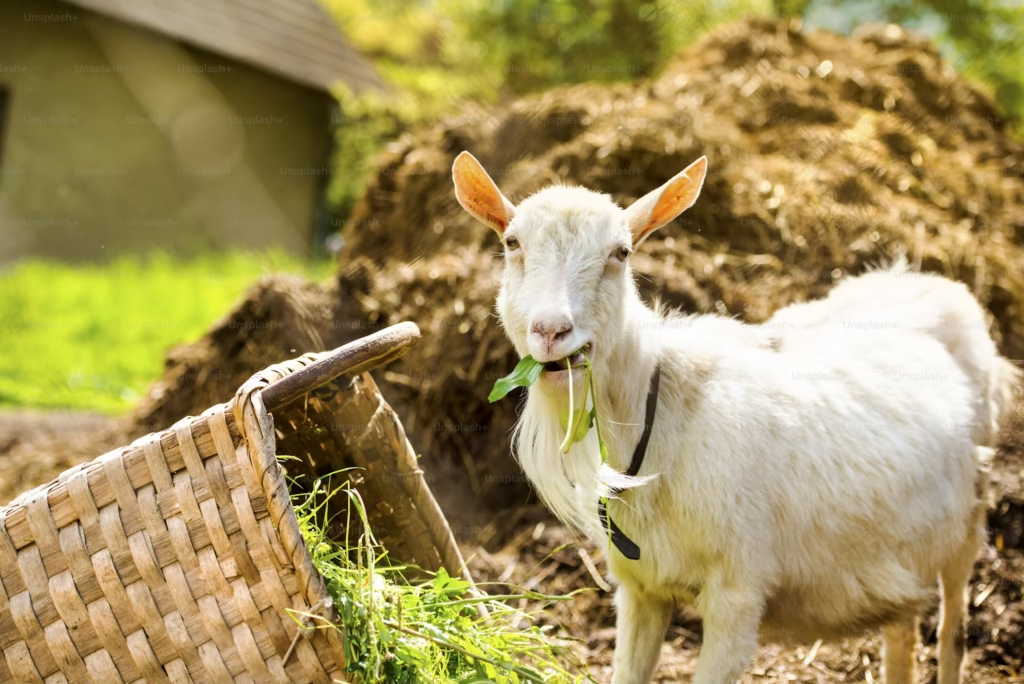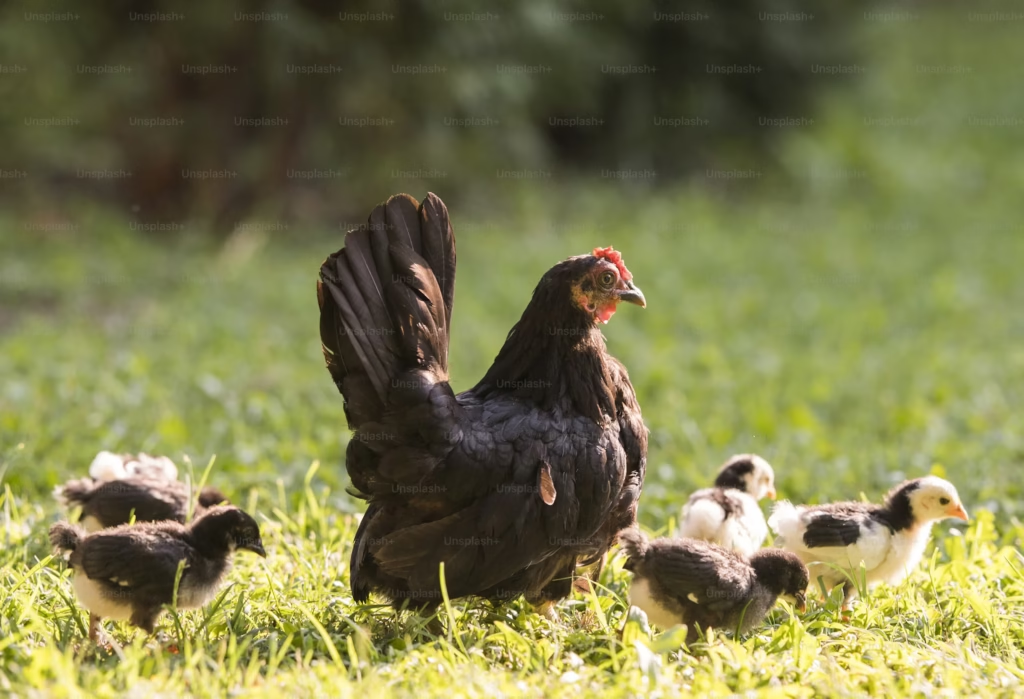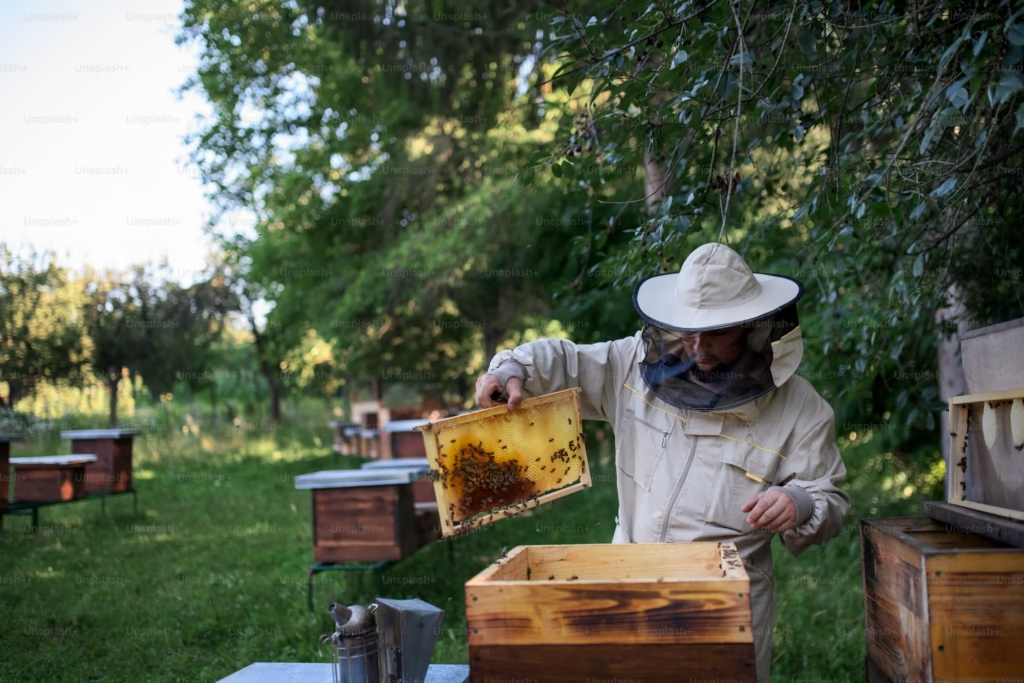
How to Care for Goats: Feeding and Health Tips
Goats are hardy, intelligent, and adaptable animals, making them a popular choice for small farms and homesteads. However, like any livestock, they require proper care to thrive. In this guide, we will discuss essential tips for feeding and maintaining goat health to ensure they live happy and productive lives.
1. Proper Feeding: Understanding Goat Nutrition
Goats are ruminants, meaning they have a specialized stomach for digesting fibrous plant material. A balanced diet is crucial for their health, growth, and milk production (if applicable).
Essential Components of a Goat’s Diet:
- Hay: The foundation of a goat’s diet should be good-quality hay, especially during the winter months when pasture is scarce. Hay such as alfalfa or timothy is rich in fiber and helps maintain healthy digestion.
- Alfalfa Hay: Best for growing kids, pregnant or lactating females, and goats needing additional weight gain.
- Grass Hay: Suitable for adult goats, providing necessary fiber for proper digestion and maintaining gut health.
- Fresh Grass and Browse: Goats are natural browsers, so they enjoy eating shrubs, bushes, and trees in addition to grass. Fresh pasture can be a great source of nutrients.
- Rotate grazing areas to avoid overgrazing and to ensure a steady supply of fresh forage.
- Grain and Concentrates: While not essential for all goats, grains such as oats, barley, and commercial goat feed can be added to their diet, especially for lactating does or growing kids, to supplement their energy needs. However, use grains sparingly to avoid obesity or digestive problems.
- Lactating Does: Increased grain intake helps them maintain milk production.
- Growing Kids: A small amount of grain can help them grow rapidly, but balance it with plenty of hay.
- Minerals and Salt: Goats require access to free-choice minerals and salt to prevent deficiencies. A mineral block or loose minerals specifically formulated for goats should always be available.
- Copper: Goats need copper in their diet, but don’t give them copper supplements meant for cattle, as they can be toxic to goats.
2. Fresh Water: Vital for Health
Goats require constant access to clean, fresh water. Dehydration can quickly lead to health problems like kidney failure, especially in hot weather.
- Daily Water Intake: Adult goats can drink anywhere from 1 to 3 gallons of water per day, depending on their size, activity level, and environment.
- Keep Water Clean: Make sure water containers are cleaned regularly to avoid contamination from algae, dirt, or feces.
3. Health Care: Preventing Common Goat Diseases
Goats are susceptible to several diseases, but with good management practices, many can be prevented or minimized. Regular health checks and preventative care are essential for maintaining a healthy herd.
Regular Vaccinations:
- Clostridial Diseases: Goats should receive a CD&T vaccine (for tetanus and enterotoxemia) annually, starting at 8 weeks of age.
- Other Vaccines: Consult with a veterinarian to see if additional vaccines are needed based on your location and climate, such as vaccines for caprine arthritis encephalitis (CAE) or caseous lymphadenitis (CL).
Deworming:
Goats are prone to internal parasites, especially roundworms and tapeworms, which can lead to weight loss, anemia, and even death if untreated.
- Fecal Tests: Have your veterinarian perform fecal tests to check for worm infestations and determine if deworming is necessary.
- Dewormers: Use dewormers recommended by a veterinarian and rotate between different classes of dewormers to prevent resistance.
Hoof Care:
Goats’ hooves grow continuously and need to be trimmed every 6 to 8 weeks to prevent foot rot, lameness, and other hoof problems.
- Inspect Hooves Regularly: Check hooves for any cracks, splits, or infections.
- Trim Hooves Carefully: Use sharp hoof trimmers, taking care not to cut into the quick (the sensitive part of the hoof).
Parasite Prevention:
In addition to deworming, maintain a clean environment by:
- Keeping bedding dry and regularly changing bedding materials to prevent the buildup of parasites.
- Rotating grazing areas to minimize exposure to parasite larvae.
4. Reproductive Care: Managing Breeding and Kidding
Goats are seasonal breeders, with most breeding taking place in the fall. Managing breeding carefully will help ensure healthy kids and maintain good productivity.
Breeding:
- Age of Breeding: Does (female goats) can be bred as early as 7 to 10 months old, but it is best to wait until they are fully grown to avoid complications during pregnancy and delivery.
- Breeding Season: Goats usually come into estrus (heat) every 18 to 21 days. Mark your calendar to track the timing for breeding.
Kidding:
- Prepare for Kidding: Set up a clean, quiet space with plenty of straw for the doe to give birth. A “kidding kit” with supplies like clean towels, gloves, and iodine for the umbilical cord should be on hand.
- Post-Kidding Care: Make sure the kid nurses within the first few hours to receive colostrum, the nutrient-rich first milk. This is essential for building immunity.
5. Goat Housing: Creating a Safe and Comfortable Environment
Goats need a safe, comfortable environment that protects them from harsh weather conditions and predators.
Shelter:
- Dry, Ventilated Shelter: Goats should have access to a shelter that is dry, clean, and well-ventilated, but not drafty. Shelters should be large enough for the goats to move around comfortably.
- Bedding: Use straw or hay as bedding, as these materials are absorbent and help keep the area dry.
Fencing:
- Goat-Proof Fencing: Goats are notorious escape artists, so strong, secure fencing is essential. A good fence should be at least 4 to 5 feet tall, with no gaps large enough for them to squeeze through.
6. Social Needs: The Importance of Companionship
Goats are highly social animals and should never be kept alone. At least two goats are necessary to prevent loneliness and stress, which can lead to health problems.
- Herd Dynamics: Goats often form strong social bonds with each other, and their behavior can improve when housed with other goats of similar size and age.
7. Keeping Goats Entertained
Goats are curious and playful creatures, so providing enrichment is vital to their well-being.
- Toys and Structures: Provide goats with climbing structures or hanging toys to keep them entertained. Simple items like tires or logs will encourage natural behaviors like jumping and playing.
- Grazing and Browsing: Allow goats to explore different areas and graze on fresh forage. They enjoy nibbling on trees, shrubs, and even weeds.
Conclusion
Caring for goats requires attention to their nutritional needs, health care, shelter, and social needs. By providing proper nutrition, ensuring their health, and maintaining a clean and safe environment, you can enjoy raising happy, productive goats. Regular monitoring and preventative care are key to keeping your goats healthy and productive year-round.



